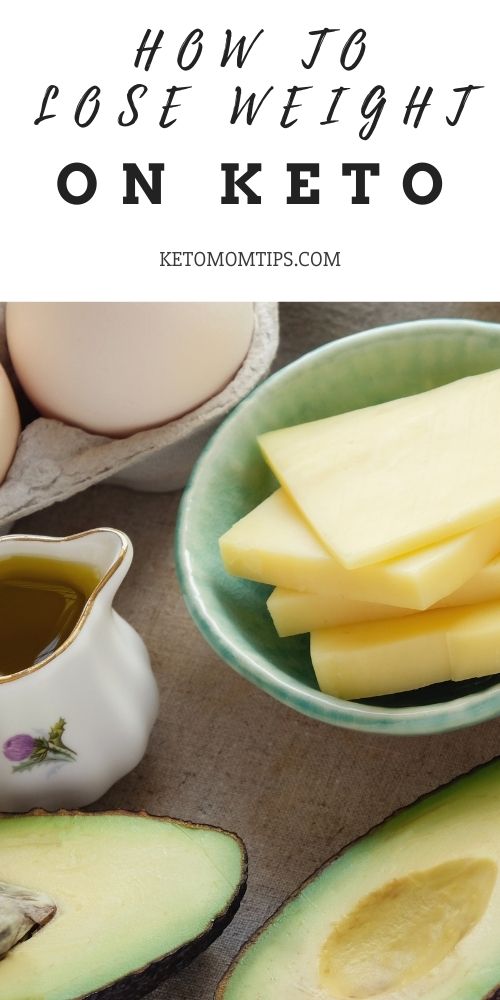Not Losing Weight On Keto
Are you not losing weight on keto?
Can you be in ketosis and still not lose weight?
Usually, when a person does not lose weight on the keto diet, it is because they have not achieved ketosis. The most common reason for not getting into ketosis is not cutting back enough on carbs. According to a 2019 article on the ketogenic diet, carbohydrates should represent only 5–10% of a person's calorie intake.
Can your weight fluctuate on keto?
In the realm of dieting, there's a phenomenon known as the “whoosh effect,” which is where fat loss becomes noticeable then stops abruptly. As mentioned above, your body will decide to drop a lot of water weight after you first go keto.
How often should I weigh myself on keto?
Instead, they recommend stepping on the scales once per week or even less frequently. Our weight fluctuates somewhat from day-to-day, and daily weighing can lead to discouragement and potential diet sabotage if you see a higher number on the scale than you saw the day before.
Why am I not losing weight on keto?
Following a low-carbohydrate diet means consuming few to no carbs and increasing the amount of fats and proteins you consume. Not eating enough or eating too much are two reasons why you may be struggling to lose weight on a low-carb diet.
How much weight can you lose on a low carb diet in 2 weeks?
In many cases, losing around 1–2 pounds (0.5–1 kg) per week is a realistic goal. Some people lose weight faster than that, while others lose weight more slowly.
Can you lose weight eating 50 carbs a day?
When eating less than 50 grams per day, the body will go into ketosis, supplying energy for the brain via so-called ketone bodies. This is likely to dampen your appetite and cause you to lose weight automatically. Carbs you can eat include: plenty of low carb vegetables.
If you enjoyed these tips and would like to keep it close to you at any time, just save this pin to your Keto Pinterest Board.

What happens if you don't eat enough fat on keto?
But if you don't get enough fat and aren't in ketosis because you eat too much protein, you could leave the body in a state of energy limbo. “If protein and carbohydrate intake is not managed, the person on a ketogenic diet may not go into ketosis and may just feel completely deprived and hungry,” Shapiro said.
Why is my weight loss so slow on keto?
After rapidly dropping pounds in the first weeks of the keto diet, your weight loss may begin to slow as your body adjusts to a lack of carbs. “It can be extremely demotivating to see rapid weight loss slow down, but this is the nature of the keto diet,” Weidner says.
What is a whoosh in Keto?
Keto dieters say the fat on their body feels jiggly or soft to the touch. The concept of the whoosh effect is if you stay on the diet long enough, your cells start to release all the water and fat they've built up. When this process begins, this is called the “whoosh” effect.
What helps constipation on keto?
How to treat constipation
Drink more water.
Temporarily add more fiber-rich foods into your diet, such as whole grains, legumes, and berries.
Go for a brisk walk after meals.
Try bowel training, a method where you pass stools at the same time every day.